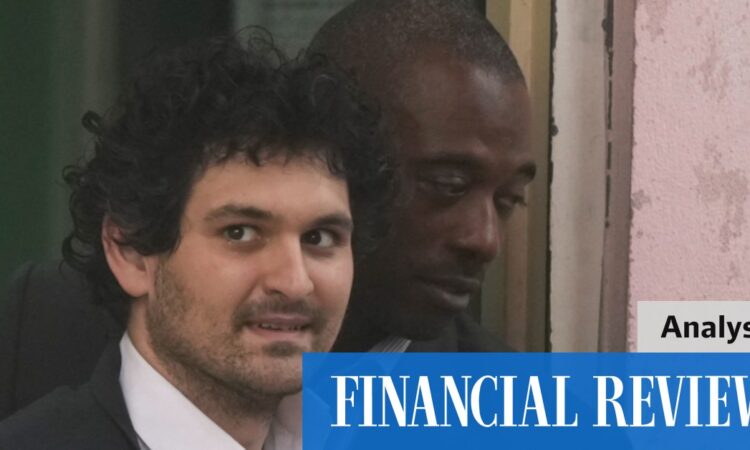BTC Markets, Kraken, Swyftx, Coinbase among cryptocurrency exchanging hoping for new Australian regulations to prevent another FTX

The director of the new crypto policy unit in Treasury, David Menz, said the consultation paper would “propose more fulsome and testable levels of potential obligations on service providers in the industry” and “hopefully, it will provide a framework people are able to respond to quite specifically, so we are able to take on broad comments and get towards some legislation drafting”.
Regulation of crypto will also be important to provide confidence to developers using decentralised blockchain systems. Some are creating tokens that do not operate like financial products.
Advisers to crypto start-ups told the hearing the lack of certainty about regulation was holding back innovation using decentralised ledgers. Joni Pirovich, principal lawyer at Blockchain & Digital Assets, said there had been a “mass exodus” of digital asset developers from Australia since mid-last year, resulting in a crypto brain drain.
Australia falling behind
Crypto laws would also force the Australian Securities and Investments Commission to formulate guidance in the space. Its current “regulation through enforcement” approach – similar to that of the US Securities and Exchange Commission – is scaring the horses. ASIC has sued various models it alleges rub up against financial services law by operating without a licence.
The Senate committee heard that Australia was falling behind the European Union, Britain, Singapore, Hong Kong and Japan in regulating digital assets. In Europe, the Markets in Crypto-Assets Regulation (MiCA) came into force in June, bringing crypto assets, crypto asset issuers and crypto asset service providers under a regulatory framework.
Treasury’s consultation paper will reveal the Albanese government’s thinking on whether exchanges will need to hold digital assets with local custodians to protect customer funds held on exchanges.
Custody refers to where money or tokens are stored and who is responsible for keeping them secure. Custody was a key issue in the FTX collapse. Investors were shocked last year to discover accounts with the trading platform were frozen after revelations the Bahamas-based company transferred about $US10 billion of customer money to another trading business.
Overseas exchanges would prefer Australia to allow them to use global custodians. If local custody is required, these exchanges might introduce sub-custody arrangements, or withdraw from Australia if volumes do not warrant the additional costs.
Financial product conundrum
Beyond the specific requirements on the exchanges themselves, lawyers say a core issue for policymakers is making it clear when a “token” (a digital form of property created on a blockchain) becomes a financial product.
Financial products will be regulated by ASIC. But other forms of crypto “tokens”, which do not create financial product-like features such as ownership rights, probably need a lighter touch approach. For example, non-fungible tokens (NFTs) are a popular form of crypto that can create ownership of digital works of art; other tokens can represent title to a real-world asset such as a bar of gold.
Treasury’s “token-mapping” exercise suggested it would not move to make all crypto tokens financial products, in recognition of their different utility. Mr Menz said last week that Treasury realised NFTs were merely a data structure, and the token-mapping exercise found “it is ultimately [a question of] what is underlying the token, rather than the token itself, that decides how it should be regulated, and NFTs are just another way to structure data in a token form”.
More thorny questions arise for cryptocurrencies that act more like money. For example, a US court ruled last month that Ripple’s popular cryptocurrency, XRP, is not a security when sold to the public, but is a security when sold to institutional investors.






